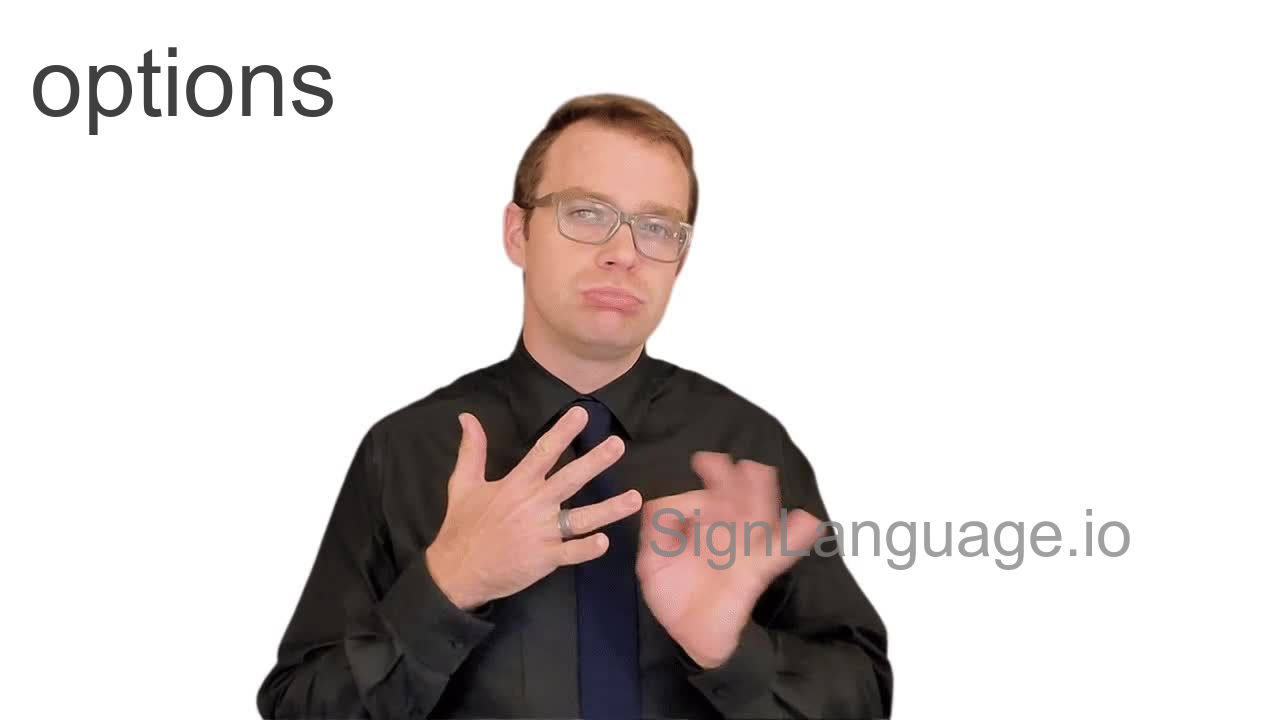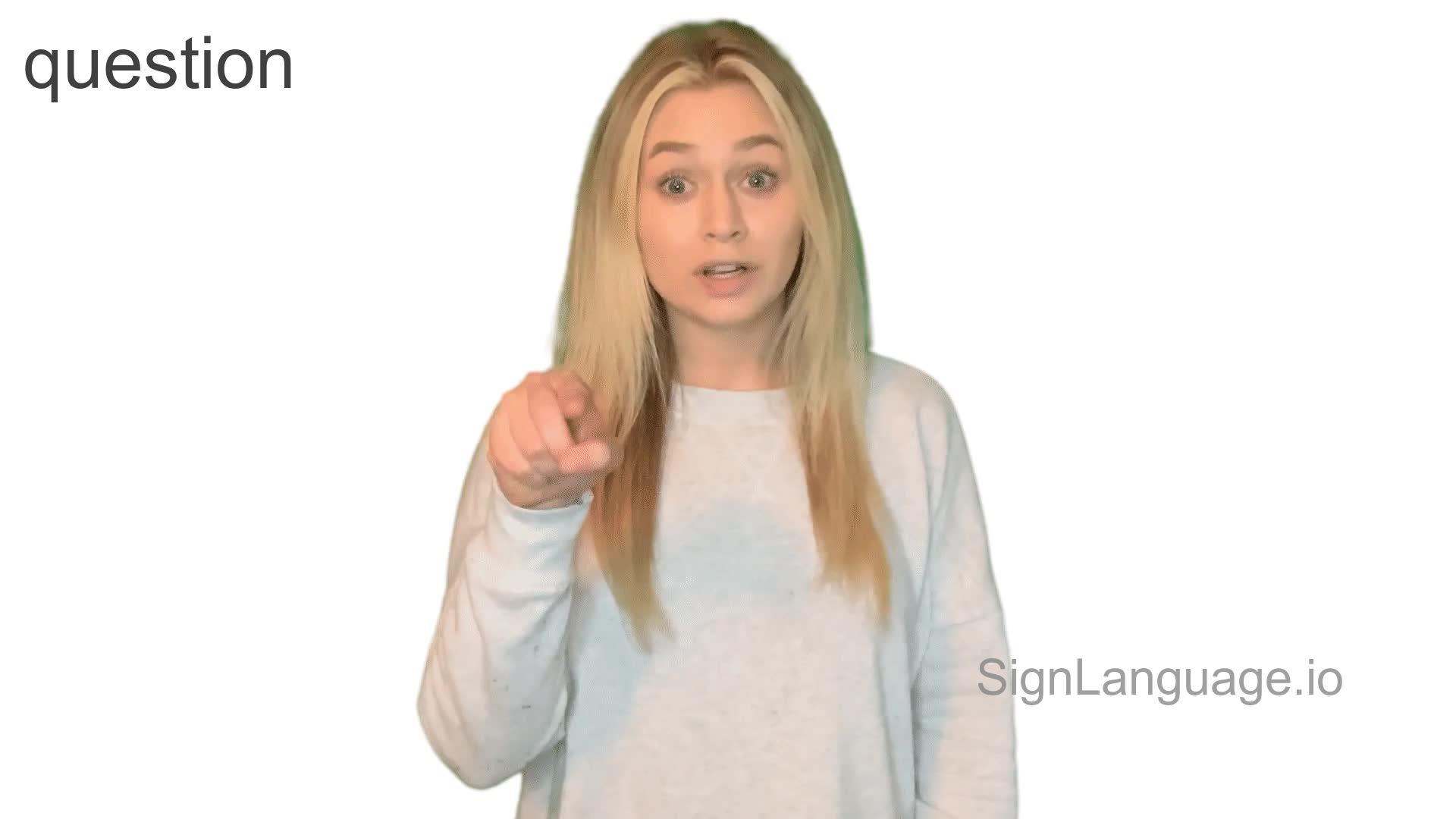- 📝 Fingerspelling
-
iwantanhonestanswer
i want an honest answer
No results found.
- 📝 Description
- "I want an honest answer" is an imperative sentence in English. It expresses a strong desire or command for truthfulness in a response. "I want" indicates a desire, "an honest" denotes the quality of the desired item, and "answer" is the object being requested. It's often used when seeking clarity or confronting uncertainty.
- 📝 Fingerspelling
-
iwantanhonestanswer
i
- 📝 Description
- "I" is a pronoun used in English language. It's first person singular, used by a speaker to refer to themselves. "I" is always capitalized, regardless of its position in a sentence. It can be a subject, an object, or a complement in a sentence. It's also used in reflexive form as "myself".
- 📝 Example Sentence
- "I enjoy reading books and walking in the park during autumn."
- 📝 Fingerspelling
-
i
want
- 📝 Description
- "Want" is a verb in English. Derived from Old Norse 'vanta', it primarily expresses a desire or need for something or someone. It can also mean lack or be in need of. Example: I want a cup of tea. Here, it signifies the speaker's desire for tea.
- 📝 Example Sentence
- "Everyone wants to be happy, but not all know what truly brings happiness."
- 📝 Fingerspelling
-
want
No results found.
honest
- 📝 Description
- "Honest" is an adjective in English language, originating from the Old French word 'honestus'. It means to be free of deceit or untruthfulness, to be sincere, or to be morally correct or virtuous. It's often used to describe someone who expresses the truth in a straightforward and genuine manner.
- 📝 Example Sentence
- "Being honest is the best policy in life."
- 📝 Fingerspelling
-
honest
answer
- 📝 Description
- "Answer" is a noun and a verb in English. As a noun, it denotes a reaction to a query or problem. As a verb, it means to respond to a question or situation. It's derived from Old English "andswaru" meaning a response or retort. Linguistically, "answer" is a compound of "and-" (against) and "-swar" (swear), implying an oath or sworn statement against a claim or question.
- 📝 Example Sentence
- Sure, here's a sentence with the phrase 'answer': "I'll find the answer to your question quickly, no worries."
- 📝 Fingerspelling
-
answer
Other Related Words & Videos
The following signs and videos are connected in some form or another to the given search phrase: i want an honest answer



